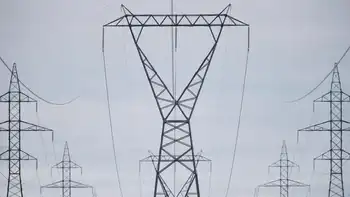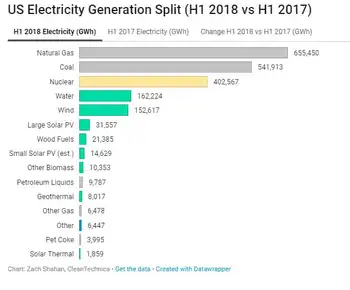Blix warns of new nuclear arms race
STOCKHOLM, SWEDEN - Global nuclear disarmament is moving backward, and U.S. plans to build new nuclear weapons could trigger another arms race, former UN chief weapons inspector Hans Blix warned.
With countries like Iran trying to enrich uranium, North Korea claiming to have nuclear weapons of its own and the United States planning to develop bunker-busting nuclear weapons, "disarmament is in the backwater," Blix said during a conference on arms non-proliferation.
"We're moving backward rather than forward," he said. "After the Iraq war, it seems that the family counsellors have advised their friends to reassume their cohabitation" with nuclear weapons.
"What's worrisome is whether the U.S.A. has moved away from the stance they had about global disarmament," said Blix, who now heads the Swedish-based Weapons of Mass Destruction Commission.
If the United States was to move forward with plans for new bunker-busting nuclear weapons, "there is a risk for rearmament instead of a continued global co-operation" for disarmament, he said.
The conference, organized by the Swedish Network for Nuclear Disarmament, brings together non-proliferation organizations looking to find new options for arms control, organizers said.
It is set to discuss an upcoming United Nations review conference for the Nuclear Non-proliferation Treaty — the cornerstone of global efforts to control the spread of nuclear weapons. Many fear the UN conference will be a step back from the 2000 conference that resulted in a 13-step program for disarmament.
"There is a concern that (the review conference) will be a flop," said Frida Blom, head of the Swedish Peace and Arbitration Society. "We want to prevent that."
UN Secretary General Kofi Annan said recently that the review conference, scheduled for May, "will test the commitment of all states to nuclear disarmament, non-proliferation and the peaceful use of nuclear energy."
The Non-proliferation Treaty went into effect in 1970 and has been signed by 188 countries, though North Korea withdrew in 2003. Three countries have refused to join — India and Pakistan, which conducted rival nuclear tests in 1998 — and Israel.
U.S. President George W. Bush and Russian President Vladimir Putin recently met in Slovakia to discuss how to achieve a nuclear-free Iran, and how to secure stockpiles of nuclear material in Russia.
Blix said the meeting was "welcome," but resulted in "nothing particularly new as far as I see it."
Related News

UCP scraps electricity price cap, some will see $7 bill increase this month
EDMONTON - Electricity will be more expensive for some Edmontonians in December after the UCP government scrapped a program that capped rates.
Effective Nov. 30, the province got rid of the price cap program for Regulated Rate Option customers.
In 2017, the NDP government capped the kilowatt per hour price at 6.8 cents, meaning Edmontonians would pay the market rate and not more than the capped price.
In December, kWh will cost 7.5 cents. Typical Edmonton homes use an average of 600 kWh, increasing bills by $7.37, or 3.9 per cent, compared to November.
The NDP created the capacity system to bring price stability…




